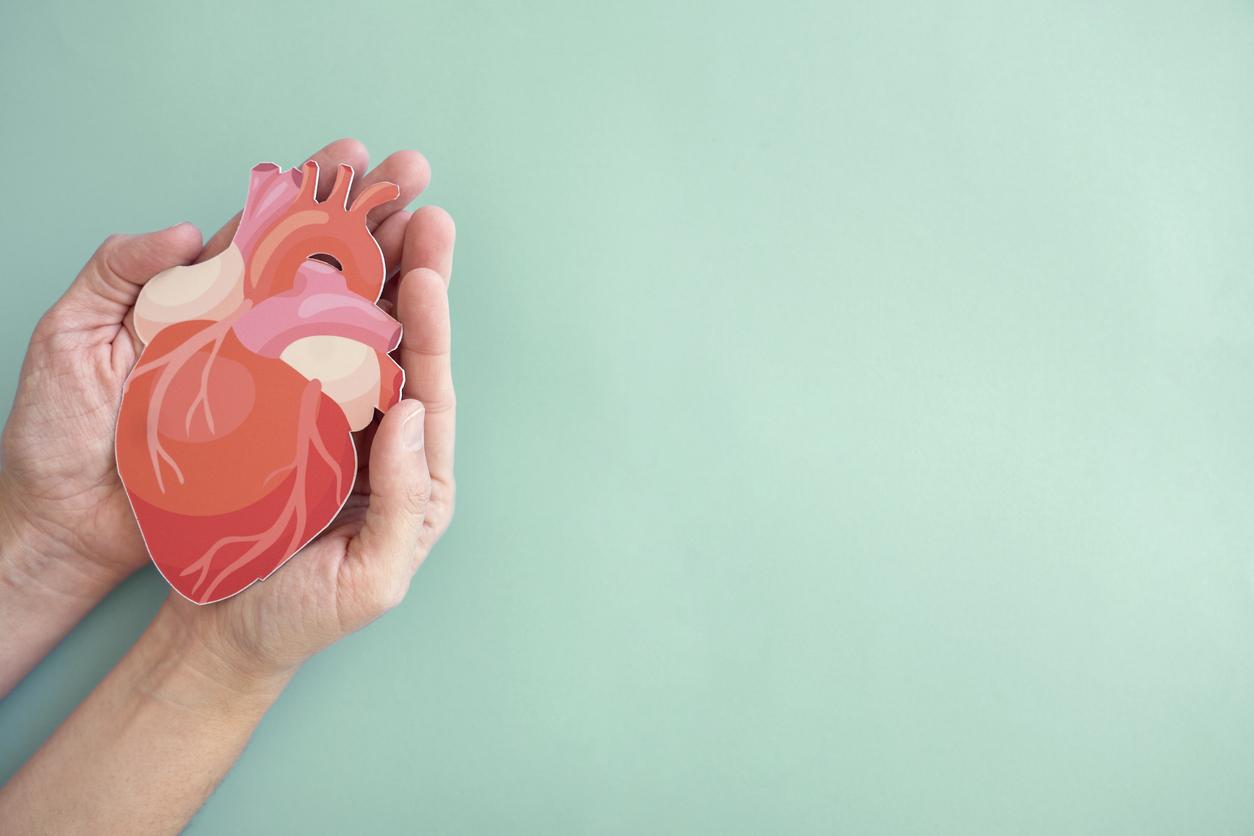It is normal to have bacteria in your mouth. But some of them are harmful and are associated with a range of health problems. Medical scientist Glenda Davison and microbiologist Yvonne Prince (Cape Peninsula University of Technology) are conducting research into the oral cavity. They explain why it is so important to practice good oral hygiene.
Can poor oral hygiene lead to serious illnesses?
The presence of harmful bacterial communities in the oral cavity has been linked to liver disease, kidney failure, cancer, cardiovascular disease and hypertension.
The oral cavity is the gateway to the gastrointestinal tract (commonly called the digestive tract, editor’s note) and to the entire body.
Like the intestine, the mouth is home to several colonies of bacteria, fungi, viruses and protozoa. The mouth also hosts the second largest microbial community in humans, after the intestine.
More than 700 species of microorganisms reside in the mouth. New technologies, such as the analysis of 16S rRNA (also called 16S ribosomal RNA, editor’s note) have allowed researchers to study their genetic composition and their family tree.
These microbes are found everywhere in the mouth: inside and around the teeth, in the gums, on the tongue, on the palate and in saliva. They generally remain stable throughout our lives. But if the balance of this bacterial community is disrupted, harmful bacteria can become dominant. This can lead to bleeding gums and promote oral diseases such as gingivitis and periodontitis.
How can oral problems lead to other diseases?
We know that variations in pH – acidity or alkalinity – (that is to say the more or less acidic character, editor’s note), like variations in temperature and oxygen in the oral cavity lead to abnormal growth of certain groups of bacteria. These are generally harmless. However, when these bacteria become dominant, they can cause disease.
This disruption of the oral microbiota causes inflammation and the slow development of periodontitis as well as bleeding gums and cavities. When gum disease destroys the gum and begins to erode bone, inflammatory molecules called cytokines can enter the bloodstream.
These chemicals activate immune cells and can lead to chronic low-grade inflammation associated with the occurrence of diseases such as type 2 diabetes, atherosclerosis (characterized by thickening of the arteries) and many other pathologies, even of obesity. Bacteria can also travel from the gums into surrounding tissues and release toxins that can spread throughout the body.
Likewise, the gut is home to over 1,000 species of bacteria that reside in the large intestine and play a vital role in digestion, absorption, immunity, and in protection against toxins and harmful bacteria.
Human beings cannot live without a healthy and diverse gut microbiota. If this well-balanced community of microbes is disrupted and its balance is not restored, gastrointestinal upset can occur.
Recent research has established a link between an abnormal intestinal microbiota and pathologies as diverse as autoimmune diseases, obesity, cardiovascular diseases and even Alzheimer’s disease.
Where do the bacteria present in the body come from?
It all starts with our microbes, tiny organisms that are part of our bodies and essential to human health. The human body has 39 trillion microbes, more than the approximately 30 trillion human cells, according to some estimates, that make up our body. These microbes colonize almost all organs and interstices of the human body. They are found in the intestine, skin, lungs, seminal and vaginal fluid, eyes, scalp and mouth.
Each of these organs or tissues has its own environment and attracts different microorganisms which adapt to this environment and make it their home. These organisms live in synergy with each other as well as with surrounding tissues. If this relationship is disrupted, it can lead to illness.
Most of these microbes come to us from our mothers. They enter our body at birth. The uterus is sterile. But as the baby progresses through the birth canal and out into the outside world, bacteria and other microbes colonize the newborn, creating a unique ecosystem called the human microbiome.
As we grow and begin to explore the world, these microorganisms become more and more diverse and varied. They are influenced by our diets, our lifestyles, our interactions with animals and our environment. It is important to maintain this balance which limits the risk of developing diseases.
What should be done to limit these risks?
Good dental hygiene includes regular dental checkups and preventing plaque buildup through regular tooth brushing. You should also avoid foods high in carbohydrates and sugar, which can lead to an increase in cavities.
(Dental plaque is a coating composed of proteins from saliva, food waste and bacteria. By multiplying and densifying, these bacteria form tartar, editor’s note).
To promote the balance of bacteria in the mouth, it is recommended to include foods rich in antioxidants, such as fresh fruits and vegetables, in our diet.
Dentists also recommend avoiding antibacterial mouthwashes, which have been shown to disrupt the balance of microbes. Excessive use of these products can lead to imbalances and stimulate the growth of bacteria species that can cause disease.
High levels of stress and lack of physical activity have also been associated with disturbances in the balance of the orointestinal microbiota. It is therefore recommended to adopt a balanced diet, associated with sufficient rest time and good dental hygiene.
The mouth is the gateway to the intestine and the rest of the body. It is important to ensure the harmony of the microbes that live there to reduce the risk of certain diseases occurring.
This article was written by researchers Glenda Mary Davison and Yvonne Prince and published on the website The Conversation.













-1739366311.jpg)




